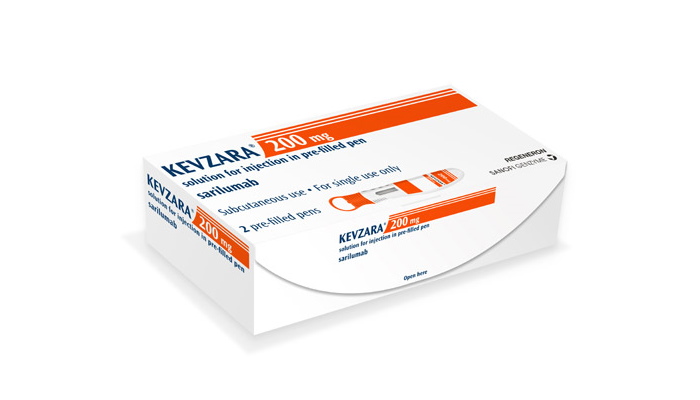Actemra shortage spills over to include Sanofi's rival Kevzara

Roche's Actemra has been in high demand since its value in treating severe COVID-19 was established, leading to shortages. Now, Sanofi's rival therapy Kevzara has also been hit by supply constraints.
Sanofi said in a statement that supply of all four formats of Kevzara (sarilumab) – 150 mg or 200 mg pre-filled syringes or auto-injectors – will be short until early 2022 based on current demand.
Back in August, Roche's Genentech unit said it was facing unprecedented demand for Actemra (tocilizumab) – known as RoActemra in some markets – caused by the spread of the highly-transmissible delta variant of SARS-CoV-2.
Usually used to treat rheumatoid arthritis, Actemra was granted emergency approval in June for hospitalised patients 2 years of age and older who are receiving systemic corticosteroids and need respiratory support after it was shown to reduce mortality in a clinical trial.
Shortly after, there were widespread reports of patients with rheumatoid arthritis and other inflammatory diseases on Actemra's label struggling to get access to their treatment.
As supplies became tight, the National Institutes of Health (NIH) recommended that using Kevzara as an alternative to Actemra, as the two drugs act in the same way, inhibiting the IL-6 receptor and blocking the runaway inflammatory cascade that can wreak havoc in severe COVID-19.
The US agency made the recommendation even though Kevzara is not approved or authorised for emergency use for the treatment of COVID-19 anywhere in the world. In fact, Kevzara failed trials in patients severely or critically ill and hospitalised with COVID-19.
Sanofi said it is "working diligently to manage supply to minimise the impact of this increase in demand," and will "continue to prioritise access for indicated patients with rheumatoid arthritis.
In August, the World Health Organization (WHO) called on Roche to license out the technology needed to make Actemra to other manufacturers, so that production capacity could be ramped up as quickly as possible.
Last month, the drugmaker told Livemint.com it would not take legal action against Indian drugmaker Hetero after it announced plans to start making tocilizumab, and said it would encourage other manufacturers who are able to produce the drug to do so "without the delay of licensing negotiations or legal uncertainty in relation to our…patent rights."












